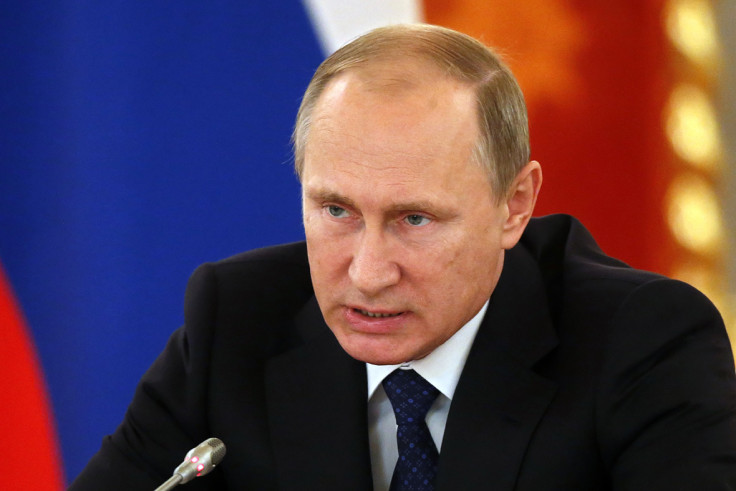Conspiracy theories distract us from Russia's real crimes
Louise Mensch insisted the attack on the Istanbul nightclub was a false flag operation by Russia.

The principle of Occam's Razor suggests that the simplest hypothesis tends to be the correct one. But for every major tragedy or atrocity, there usually is a theory that argues it was due to a conspiracy, false flag operation or an inside job.
The horrific terrorist attack on Reina nightclub in Istanbul on New Year's Eve is no exception. A gunman opened fire with an AK-47 on a crowd of hundreds, killing 39 and wounding dozens of others. The Islamic State (Isis) claimed responsibility for the massacre.
But former Conservative MP Louise Mensch has insisted that the attack on the nightclub was a false flag operation by Russia. Isis is under Russian control. And that Putin is Isis.
She tweeted: "Russia is always dressing up and pretending to be ISIS I'm sure they did it in Turkey."
Let's take a look at the evidence. For a start, Islamic State's leader Abu Bakr al-Baghdadi recently singled out Turkey as a target, after Islamic State fighters clashed with Turkish-supported rebel groups in northern Syria. Secondly, the Islamic State warned Muslims not to celebrate the beginning of 2017, claiming in a statement: "To celebrate New Year's Eve with the kuffar is to embrace their idolatry and paganism and to shun the rulings of our Lord." Finally, the modus operandi of the attack, as well as the language used in the press release and the outlet through which they published their claim, were consistent with previous atrocities carried out and claimed by the terrorist organisation.
All of that leaves Louise Mensch unimpressed. It appears she thinks the attack on the nightclub was an act of retaliation for the assassination of Russian Ambassador Andrey Karlov in Ankara last month.
Again, the evidence points to the contrary. Russia-Turkey relations hit rock bottom when Turkey downed a Russian jet over Turkish airspace in December 2015. However, Moscow avoided escalation over the incident. Russia plays a long and smart game. After the killing of its ambassador, Russia claimed something from Turkey much more precious than the sweet taste of revenge: their collaboration in Syria. Turkey no longer insists on its previously non-negotiable position that Assad needs to step down. Ankara now says only the Syrian people can decide the future of the country.
The conduct of Mensch and other conspiracy theorists is all the more tragic because of the abundance of Russia's real crimes. The charge sheet against the Kremlin is long: the annexation of Crimea and Donbass; the invasion of Georgia; threats against the sovereignty of the Baltic States; or the ongoing hacking scandal over the US presidential election.
And then there's Russia's intervention in Syria and the propping-up of Assad. Russia supports a regime that deliberately released jihadists from prison in the early stages of the conflict in the hope they would create an enemy seen as more menacing by the West than the atrocities committed by Assad. Moreover, Russia lied when it claimed to fight terrorism in Syria. Less than 20% of Russian airstrikes targeted Islamic State, the most potent jihadist threat in the country. It is also true that Russia and former Soviet satellite states have a long history of exporting foreign fighters and Moscow often turns a blind eye to the exodus of jihadists.
But none of that is evidence for Russia's involvement in the Reina nightclub attack. Conspiracy theories are at best a reduction of the complexities of the world into a false black and white dichotomy and at worst a malicious misrepresentation of reality to further political agendas.
With obscure conspiracy theories, people do the exact opposite of what they claim they want to achieve: bring attention to Russia's crimes. This conduct plays right into the hands of the enemy. Who needs Putin's mouthpiece Russia Today to call into question your integrity, when you shred your own credibility beyond repair?
Julie Lenarz is the executive director of the Human Security Centre. Follow her at: @msjulielenarz
© Copyright IBTimes 2025. All rights reserved.






















